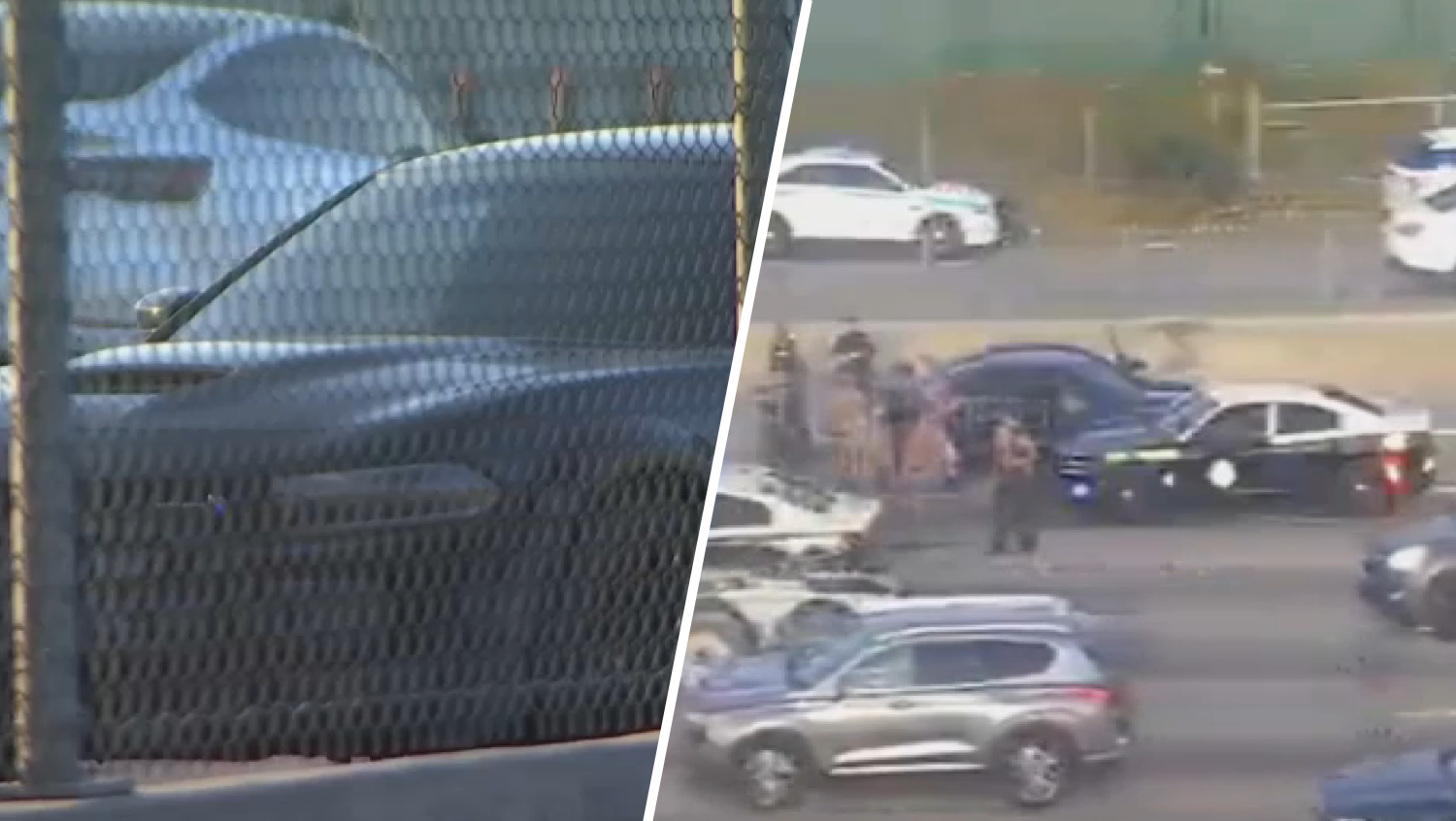When it comes to Holocaust education, the students at Miami Beach Senior High School have an edge. The Miami Beach Holocaust Memorial just a block away. Field trips are a regular occurrence.
But the people who run the memorial know there's nothing like speaking to actual survivors to really understand the horrors of the Holocaust. So they channeled funding from the Florida Department of Education into a unique project at the high school to really get kids involved.
It's an oral history project called "Names, Not Numbers," a nationwide effort in which high school kids interview Holocaust survivors and then turn the first-person accounts into documentaries.
"My best friend, he and I used to be very close but after he joined the Hitler Youth he started hating me," said Alex Gross, a survivor, in the documentary. "How can you hate me, you're my best friend, and he says oh, but you're a Jew and Hitler tells us we gotta get rid of the Jews."
In another section of the film, survivor Fred Mulbauer describes life in a concentration camp.
"When a person couldn't work anymore they sent him back to Auschwitz to put him in the gas chamber," Mulbauer said.
Tova Rosenberg created "Names, Not Numbers" 15 years ago. Since then, 250 films have been made at schools around the country, including Coral Park High School and South Miami High. 6,000 students have been involved, and 2,000 survivors and World War II vets have been interviewed.
Local
"People are gonna relate more to that than if they would just take a textbook and read about it, go visit a museum, here they're really learning, they're hearing the testimonies, they're hearing the stories," Rosenberg explained.
At Miami Beach High, 20 freshmen in David Reese's class signed up for the project. Professionals taught them technical skills, but the kids asked all the questions.
"These stories need to be continued but there's not a shared feeling that they will be continued, I can say with these 20 students these stories are not gonna be forgotten and they're gonna be shared," Reese said.
"These students are the witnesses to the witnesses," Rosenberg said, paraphrasing Elie Wiesel.
"It's definitely opened my eyes to everyone's story, you never know what someone has been through," said Liv Chepenik, one of the students involved in the project.
They had different reason for getting involved. Some wanted to learn about documentary filmmaking. Others had an interest in the Holocaust, and some had personal reasons.
"My grandmother was a Holocaust survivor and I never really got to hear her story," explained Jonathan Tamen. "But with doing this project and hearing about the testimonies of the survivors I can honor her memory."
There's a shared realization among the students that they have a responsibility now.
"If we spread the word and get more involved and aware about it then I think we can help prevent future genocides, maybe," said student Kailliopi Mereos.
The project taught the kids a visceral history lesson. They know, now, how fragile civil society can be. Hatred can tear it apart, while tolerance and understanding keeps it together.



